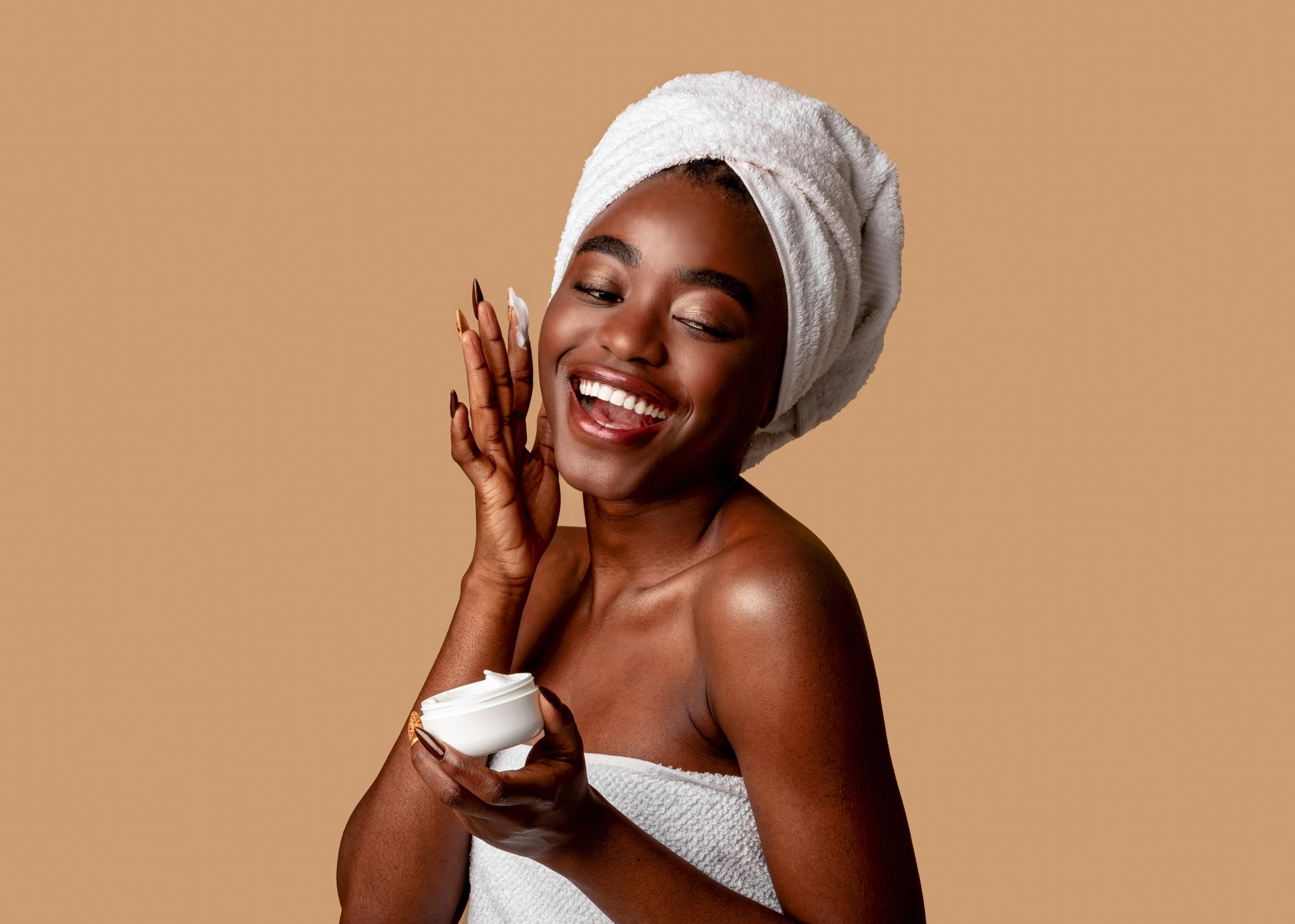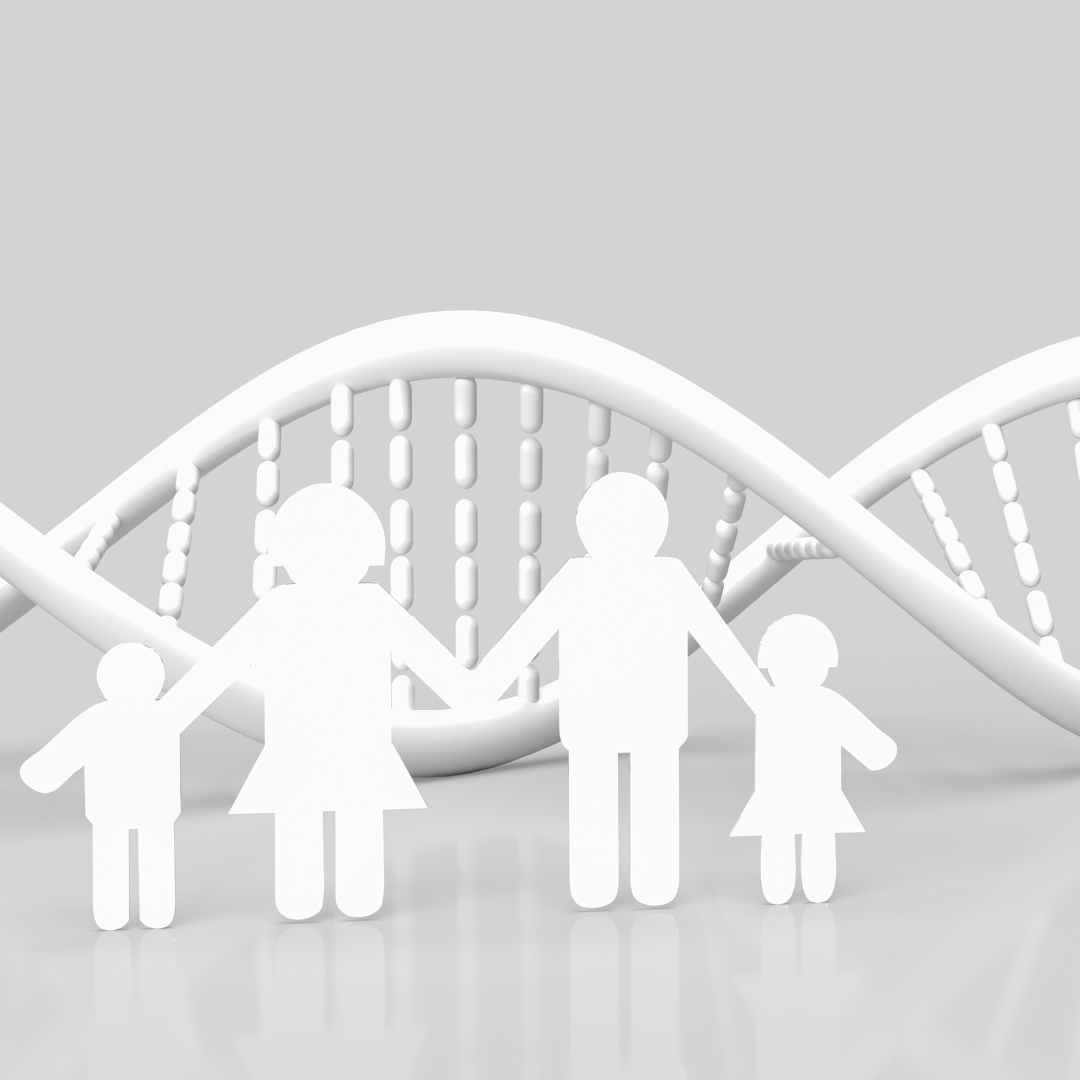
If you’re looking forward to spending more time in the sunshine this year, it’s crucial that you look after the largest organ in your body: Your skin.
Skin cancers are the most common form of cancer worldwide, with more than 1.5 million new cases estimated to have been diagnosed in 2020. Its prevalence can largely be attributed to the ubiquitous ultraviolet (UV) rays from the sun, although it is by no means the sole cause. It thus follows that anyone can develop skin cancer, with individuals possessing certain characteristics and facing exposure to certain environmental factors being at a greater risk of the disease. Fortunately, skin cancer has been found to be largely avertible, with research showing that 86% of all cases can be prevented with the right practices.
To help you have more fun in the sun (without the risk), we’re going to explore some of the most important facts you need to know about skin cancer, and how you can protect yourself against this preventable disease.
Skin Cancer: An Introduction to Melanomas and Carcinomas
As with other cancers, cancer of the skin occurs when the cells in your body begin to divide uncontrollably and spread to surrounding tissues. There are many different kinds of skin cancer, and they’re often named based on the specific cells involved in your condition. Some of the most common types include:
- Basal cell carcinoma: As the same suggests, basal cell carcinoma occurs in the basal cells found in the lower part of the epidermis (your skin’s outer layer). Despite being the most common form of skin cancer, it tends to progress the slowest and is thus the most treatable if detected early.
- Squamous cell carcinoma:Squamous cell carcinomas form in the squamous cells located in the middle layer of your skin. These cancers appear as scaly, red lesions, which often aren’t life threatening but can become dangerous if left untreated.
- Melanoma: When cancer develops in the melanocytes (the cells in your skin responsible for pigmentation), it’s called a melanoma. This is the most dangerous advancement of skin cancer, and it’s more likely to spread than the other types.
Skin Cancer Risk Factors: What Causes Skin Cancer?

Your skin is the largest organ in your body. The various layers are designed to protect you from the elements of the outside world. These potentially harmful elements include sunlight, cold winds, heat, and bacteria. Your skin is composed of two protective outer layers responsible for keeping you safe: the dermis and epidermis.
The epidermis is made up of various cells, including melanocytes, squamous cells, and basal cells. The dermis is the layer that contains all your hair follicles, blood, glands, and other things. When the cells in your epidermis are exposed to specific cancer-causing chemicals and ultraviolet (UV) rays, they develop abnormal DNA. This abnormal DNA causes the growth of your cancer cells.
Notably, you may also have a higher risk of skin cancer if you have:
- A personal history of skin cancer or other cancers
- A family history of skin cancer
- Fair skin – skin damage is more likely to happen in people with fair skin
- Large numbers of moles on your skin – having many moles, particularly large ones, can heighten your risk for melanoma
- Weakened immune system or chronic medical conditions affecting your immunity
- Activities or having jobs that involve long exposure to the sun.
Is Skin Cancer Connected to Genetics?
In rare circumstances, genetics can also play a role in your skin cancer likelihood.
Notably, around 1 in every 10 patients diagnosed with skin cancer will also have a family member with the disease. Compared to people with no history of melanoma in their family, each person with a first-degree relative with the condition (someone in your immediate family) has a higher likelihood of developing the disease.
When someone is diagnosed with melanoma, doctors often recommend close relatives be examined too. If you know someone in your family who has had skin cancer, it might be worth learning more about your genetics, and the risks you’re exposed to, with a DNA test.
There’s even a specific kind of genetic melanoma, called Familial Atypical Multiple Mole Melanoma Syndrome. This basically means if you have a history of skin cancer in your family and a lot of atypical moles, then you’re more likely to get skin cancer.
In the case of some familial cases of skin cancer, researchers have even discovered DNA changes in tumour suppressor genes like BAP1 and CDKN2A, which prevent the genes from doing the regular job of controlling cell growth and protecting cells.
Skin Cancer Prevention: What Can You Do?

While it’s true that some kinds of cancer can have a genetic component, there are ways to protect yourself from various preventable forms of skin cancer. For instance, you should:
Get Screenings Regularly
Regular screenings with your doctor are a great way to learn about things like vitamin deficiencies, impending health problems and impending risks. If you’re worried about skin cancer or know you have a history of it in your family, you can schedule regular screening checks with a dermatologist. These professionals can assess the areas of your skin that may be exposed to cancer.
A dermatologist can also check any growths, moles, or skin changes which may indicate an impending problem. If any mole has suspicious features, it may be possible to remove it for safety purposes.
Protect Yourself From the Sun
Spending time in the sun can be healthy, but only if you know how to protect yourself.
Wearing sunscreen and other forms of sun protection are essential. If you’re going to be in direct sunlight, it’s best to choose sunscreen with an SPF of at least 50. Here’s a tip for those who burn easily: choose a higher SPF for better coverage.
If you want to prevent possible health risks associated with sun exposure, it’s important to choose a broad-spectrum sunscreen – this is something that can protect you from both UVA and UVB rays. The UVA rays of the sun have longer wavelengths, while UVB rays are shorter, but can cause burns, age spots, and even a higher chance of wrinkles.
Reapply your sun protection every 2 hours, or more often if you get wet. Besides that, keep an eye on the expiry date – sunscreen does expire.
Practice Sun Safety

The sun is a lot more powerful than most people realise. Exposure to sun rays can damage your skin within as little as 15 minutes. This is why it’s so important to have the right protection. Aside from wearing sunscreen, make sure you also take the following safety measures:
- Wear sunglasses: Sunglasses protect your vision and prevent the delicate skin around your eyes from being exposed to dangerous UVB and UVA rays.
- Seek shade or use an umbrella: If you’re going to be spending a lot of time outdoors, seek out some shade. Try not to be in direct sunlight too much between 10 am and 3 pm.
- Wear appropriate clothing: If you’re going to be outside in the sun for extended periods of time, look for clothes that can cover your skin. Breathable materials are best.
Wearing a hat is also a great safety measure, as it helps to protect the delicate skin on your face. Wide-brimmed hats offer the most protection.
Avoid Tanning Beds
Tanning beds can be particularly dangerous if you’re worried about preventing skin cancer. According to over 20 studies, the risk of certain melanomas increases by 75% when you use a tanning bed regularly before the age of 30.
Embrace your natural skin colour or consider using sunless tanning methods. These include a spray tan, airbrush tan, or an organic self-tanning mousse.
What’s a Skin Cancer Prevention Diet?

Sometimes, adding more of the right vitamins and minerals to your diet can also help to protect you from various health problems – including skin cancer. Research shows that products high in retinol can increase the creation of skin cells, which may prevent this particular cancer. However, Retinol also makes your skin more sensitive to sun exposure, so be careful.
A type of vitamin B called Niacinamide is also effective at reducing the risk of various skin cancers. According to some research, this substance can build skin proteins and moisture, while reducing inflammation. Additionally, there are various antioxidants which can improve your skin protection strategy, such as:
- Beta Carotene in carrots, sweet potatoes, and mangoes
- Lycopene in watermelon, tomatoes, grapefruit, and guava
- Omega-3 fatty acids in fatty fish, flaxseed, and walnuts
- Vitamin D in cod liver oil and fortified foods
- Polyphenols in black or green tea
- Selenium in Brazil nuts, chicken, and grass-fed beef
- Vitamin C in oranges, limes, lemons, and broccoli
- Vitamin E in almonds, sunflower seeds, and nuts
- Zinc in beef, shellfish, and chickpeas
These substances offer various benefits to fight against skin cancer, such as stronger immune system functioning, improved DNA protection, and defence against free radicals. Although eating these foods doesn’t negate the need for sunscreen, they can definitely help give you a protective boost.
Be Sun-Safe

Needless to say, it’s important to be aware of skin cancer risks, and the steps you can take to prevent it. Follow the steps in this article to help protect your skin and remember to check yourself regularly for any signs of abnormal, asymmetrical, or unfamiliar moles and marks.
If you see evidence of an odd shape or colour on your skin, contact your doctor and ask for it to be checked out. The faster you diagnose skin cancer, the easier it is to treat.
To get a comprehensive health report that includes your cancer and disease risk based on your DNA, and your skin condition risks based on your DNA, order your CircleDNA kit here.






